Khabar Khair (Only Good News) – Aden
In his book (Development as Freedom), the Indian philosopher (Amartya Sen) presents an essential aspect of achieving development, which is that freedom cannot exist in any society unless its comprehensive standards are achieved to include all economic, social, and cultural frameworks, ensuring equal rights for all members of society without exception.
In its projects in support of Yemen, the United Nations presents the principle of gender equality, proceeded from the fact that this equality is the necessary mechanism “to achieve stability, early recovery and sustainable development.”
“Thus, gender equality is an important component integrated into every UNDP (The United Nations Development Programme) project in Yemen, and this is reflected in sustainable development goals as well as the new UNDP gender strategy.”
Through the projects offered by the United Nations to Yemen, society is involved in its various segments, guaranteeing distributive justice and the empowerment of all, thus contributing to the achievement of the principles of comprehensive peace in which Yemeni society is fully involved.
“Livelihoods and Human Security in Yemen” project has helped areas that are not hotbeds of conflict in Yemen recover from the impact of the conflict. This project aims to strengthen stability and support basic human needs, as well as addressing issues of violence against individual and family. This is in support of social cohesion on the one hand, and combat gender-based violence on the other. An estimated 179,158 people benefit from the project in the areas of training, establishment of a microenterprise, and cash-for-work programmes.
“Strengthening Resilience” project focused on rural areas that were affected by the conflict in Yemen and forced people there to leave, as the program helped rural people “better cope with crises, risks and shocks.”
The project used renewable energy development as a method for achieving financial and societal stability and gave priority to people and groups who are in urgent need of assistance, by creating job opportunities and using clean energy, in addition to working on establishing Collaborative councils and initiatives in support of community service, supporting youth projects, and providing support grants for conflict resolution.
The costs of “Strengthening Resilience” project in rural areas of Yemen for 2016 – 2021 amounted to $26,322,975.
The projects were divided between establishing 213 collaborative village councils to lead and manage community plans, forming 414 community- based initiatives through self-help that serve as sources of personal support, and 321 micro-projects in support of providing sources of income, as well as establishing more than 2,150 small companies.
40 small grants were provided, including 48 grants, to resolve conflicts related to public services such as education, health, water, and environmental sanitation, involving more than 30,000 people.
In addition, 6,500 solar lanterns were provided to families in 20 rural communities, and 212 solar power systems were installed in service facilities, including health facilities, and schools, in addition to providing 72 solar-powered refrigerators for health facilities that lack electricity services, and this service is important and essential, because it enables these facilities to keep necessary vaccines.
The projects also included equipping 19 small companies and markets with solar power systems and helping about 9,500 people. Also, 200 women and young people were able to carry out work for solar mini grid. This is the first in which the process of introducing mini grids is implemented in Yemen to produce and sell solar energy.
social protection project
The United Nations Development Program has partnered with the Social Fund for Development to support financial security and access to health care, including psychological and social support. Activities related to the project mainly focus on supporting the youth and women sector in addition to marginalized group. Ensuring improvement of family income, strengthen assistance for psychological and social support, training domestic authorities on planning and coordination, and monitoring the provision of basic services.
The protection project also includes providing temporary employment and providing cash-for-work services to enhance the purchasing power of communities affected by the conflict.
More than 10,260 people directly benefited from cash-for-work activities, more than 37,580 people indirectly benefited from cash-for-work activities, more than 371 hectares of agricultural lands were reclaimed, nearly 37,900 square meters of roads were paved, and 9.75 km of secondary roads were improved.
The project also provided 80 health care facilities with solar power systems, insuring the restoration of health services to more than 173,900 individuals, 351 health workers were trained to provide psychological and social support services, and more than 4,750 individuals from the education sector were trained to help traumatized persons.
Focusing on gender as a major trend on which a number of United Nations projects for Yemen are established confirms the need to pay more attention to gender, not because it is a sector that needs support, but because it is an active sector that was able, through the support it obtained from United Nations projects that were implemented in Yemen, to make itself known and succeeds in managing its projects and serving its community, and stressing on gender targeting in United Nations projects helps channeling more support to them, as they are the most affected by the conflict in Yemen.
Sources:
– United Nations Development Program in Yemen.

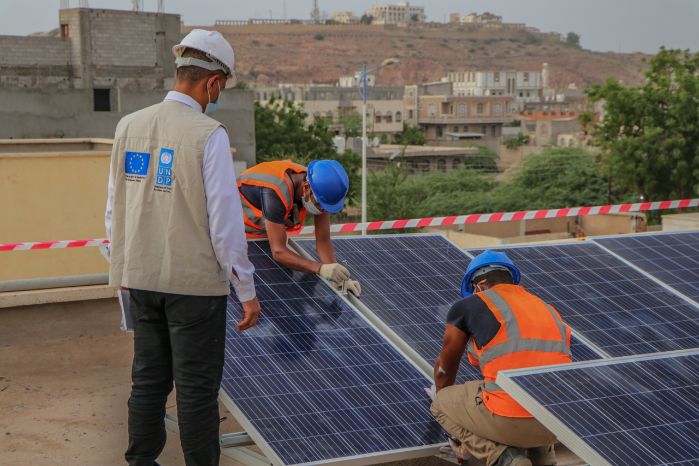
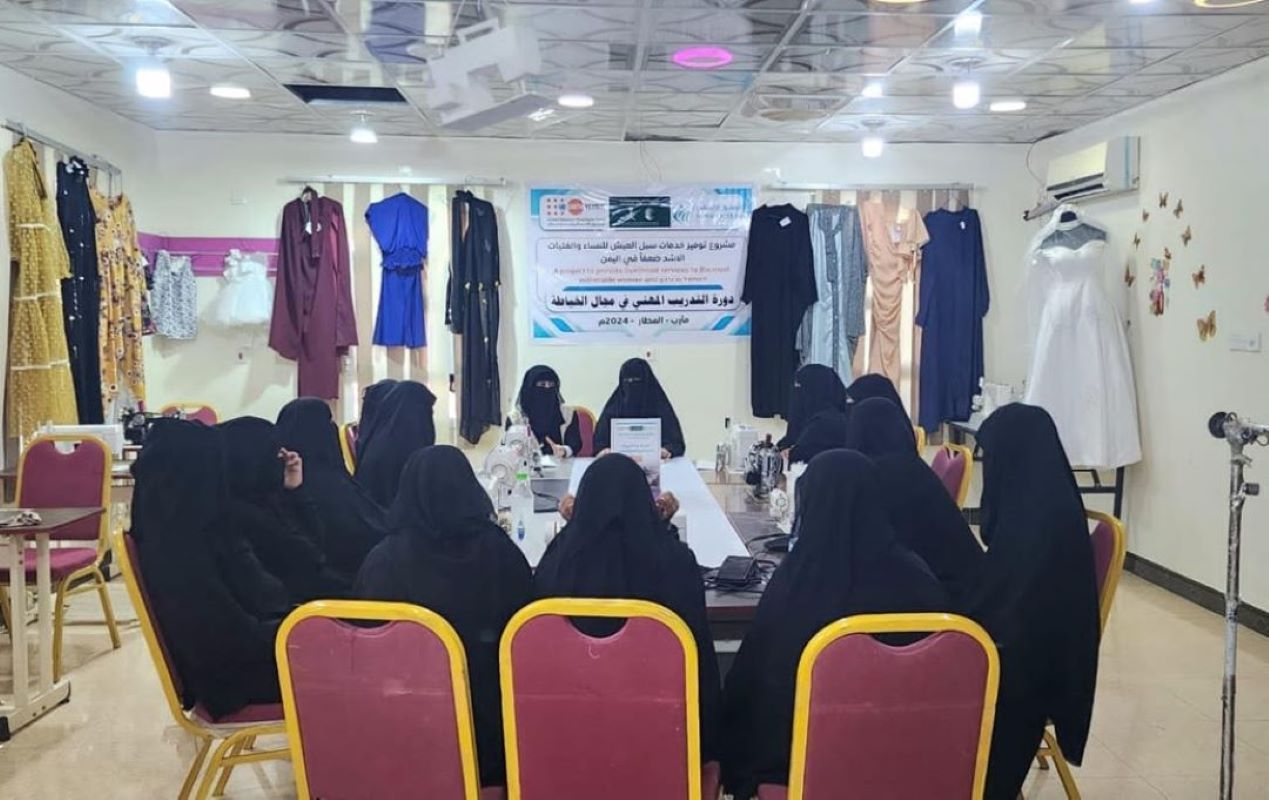
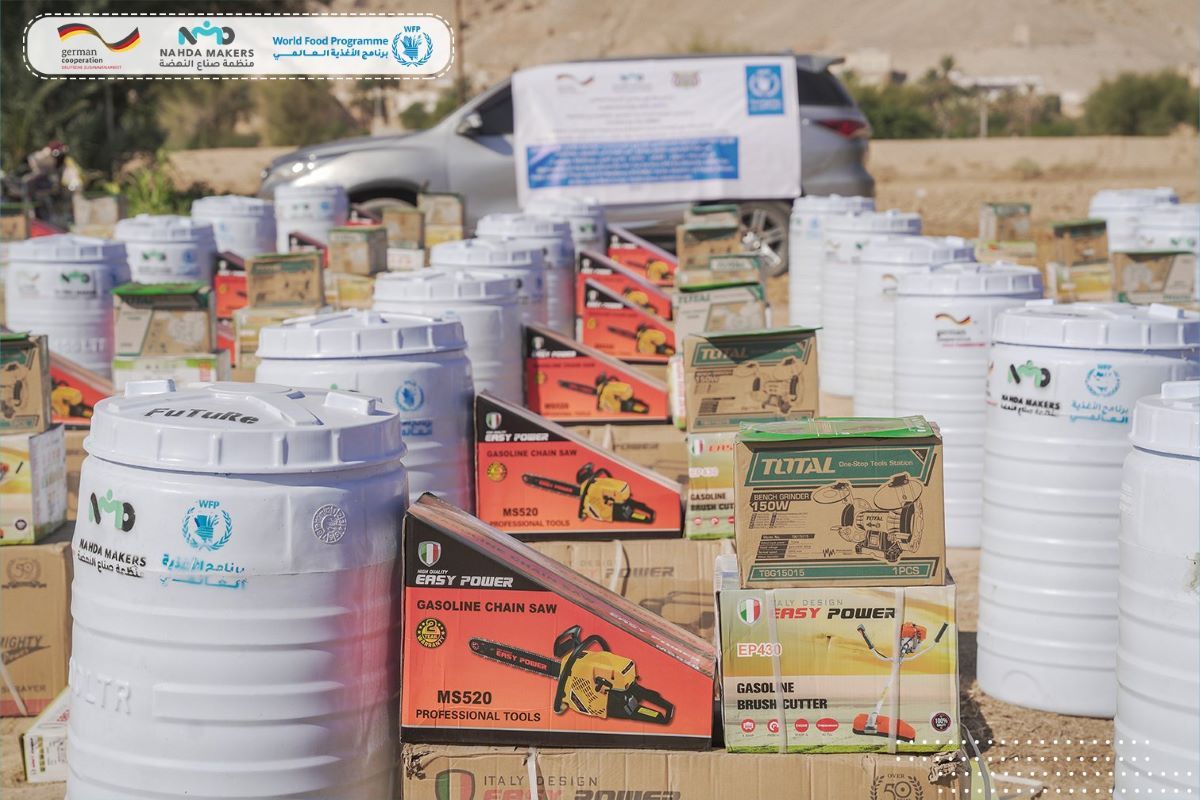
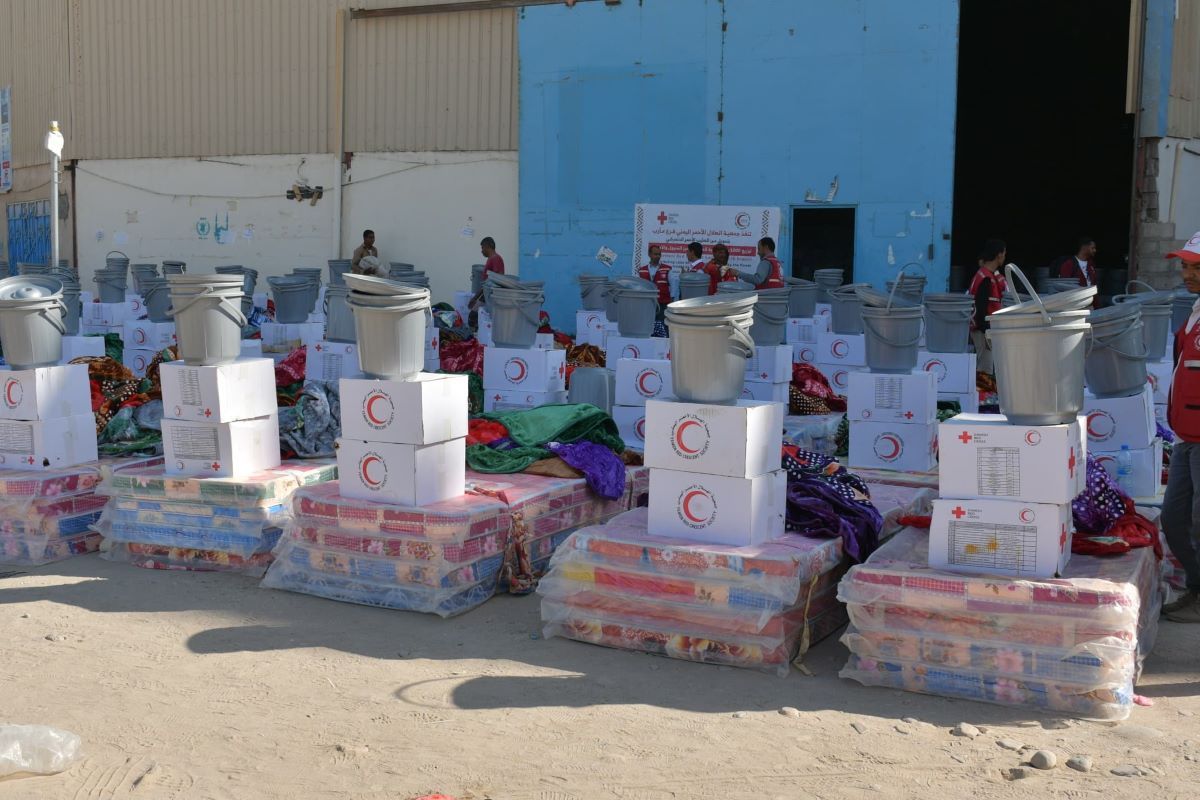
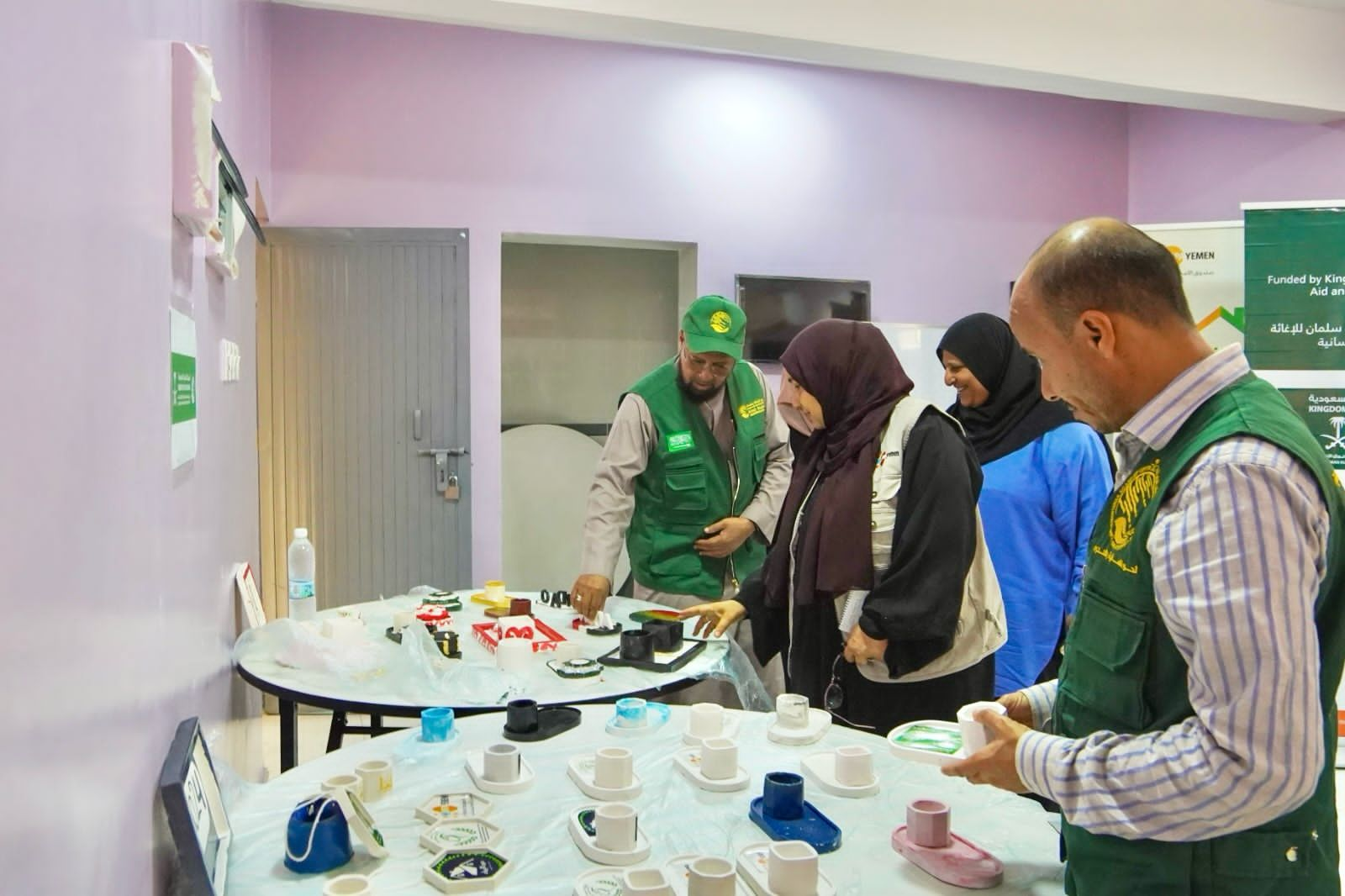
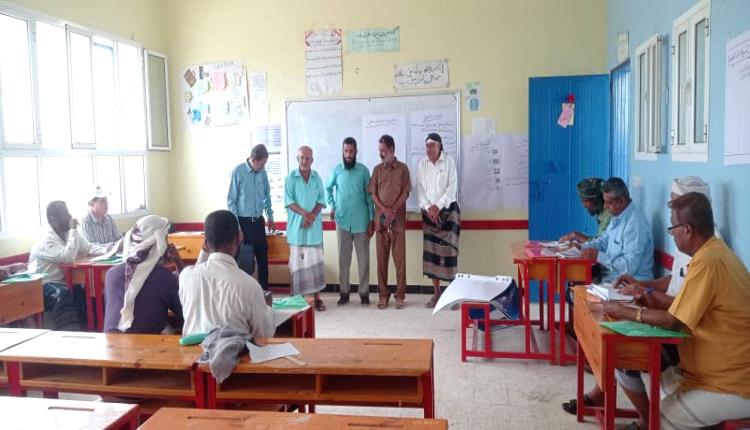
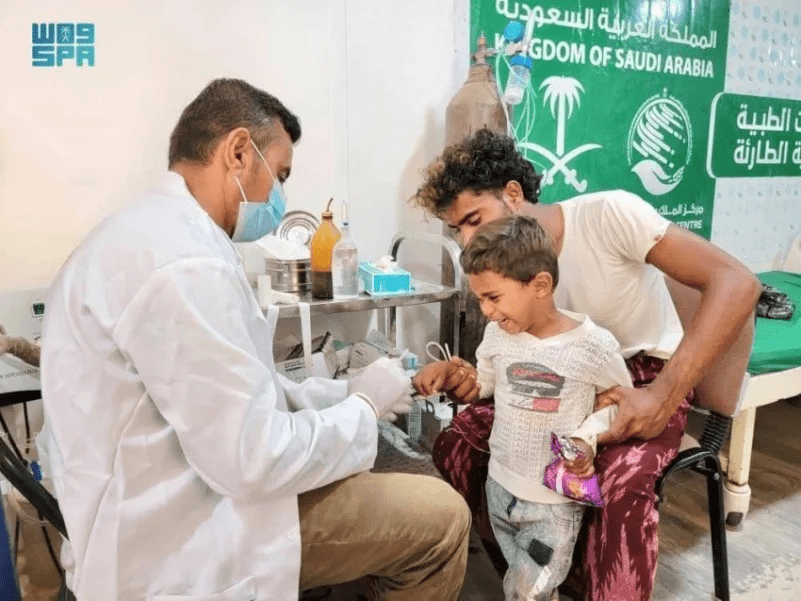

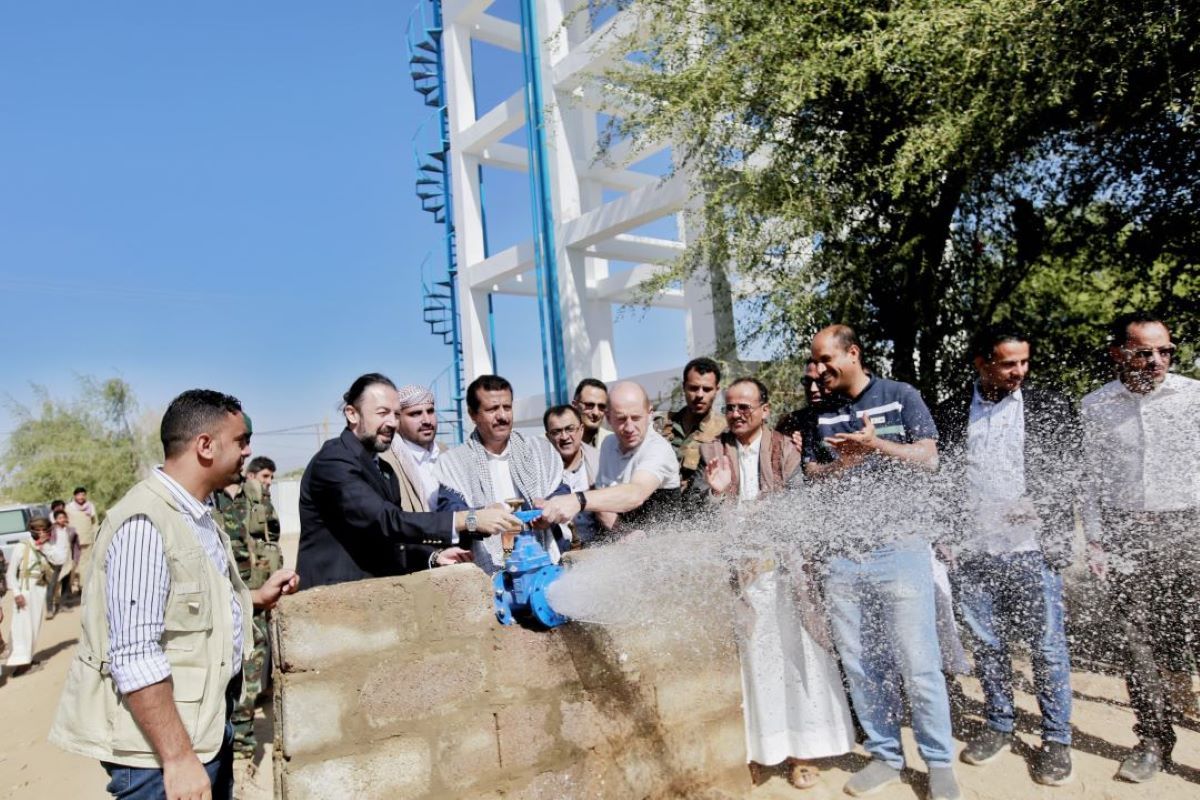
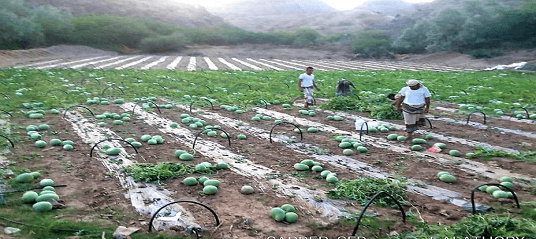
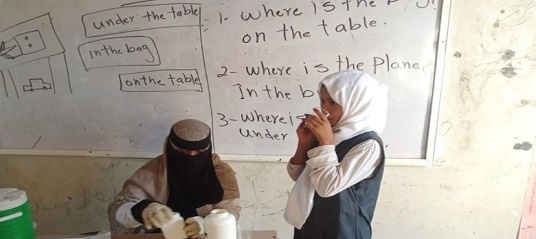
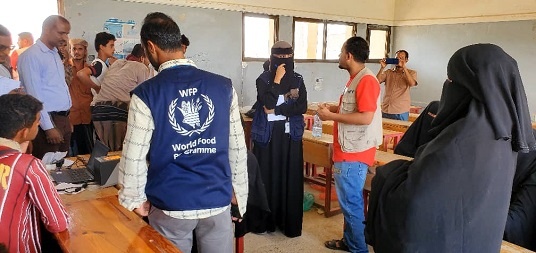
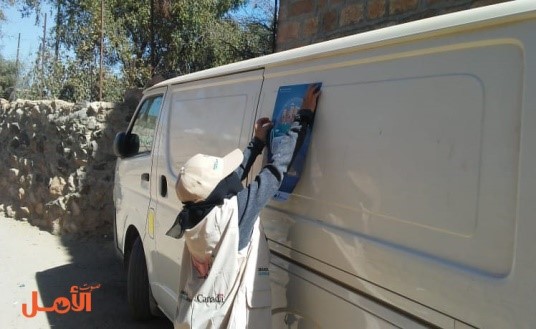
LEAVE A COMMENT